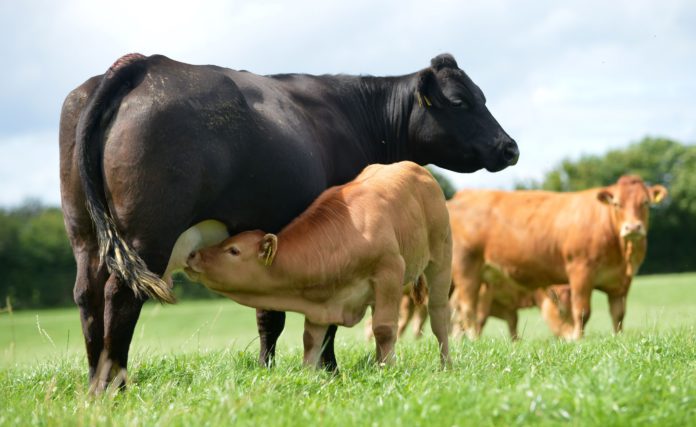Scientists in the UK have developed a gene-editing technique that could improve heat tolerance in cattle.
The approach reproduces a naturally occurring genetic change that cattle, through natural breeding, can pass on to their progeny.
Researchers from the Centre for Tropical Livestock Genetics and Health at the Roslin Institute tested the method in a small-scale study.
Dr Simon Lillico, CTLGH and the Roslin Institute said: “The world’s climate is changing, and temperatures are set to increase.”
“Establishing livestock with the appropriate genetics to improve heat resilience, particularly in tropical countries, will benefit animal health and welfare.”
“Also, it will maximise their productivity and subsequently reduce their overall carbon footprint.”
Heat tolerance in cattle
They believe this technology could be used to establish native animal populations that are better adapted to high temperatures in tropical countries, while remaining culturally acceptable to the millions of local smallholder farmers that rely on livestock for income and nutrition.
They said the work’s outcome will particularly benefit cattle and farmers in tropical low- and middle-income countries.
Here, increased temperatures associated with climate change have negative impacts on animal welfare, productivity and immunity.
According to the research paper, heat stress is likely to become a problem in other species as global temperatures rise.
Researchers noted that certain breeds of European cattle have reduced hair coverage compared with other breeds.
Therefore, they are less susceptible to heat stress – a trait caused by a natural change in a gene known as slick, named for the appearance of the animal’s coat.
Researchers developed a technique that applied an electric field to introduce genome editors designed to modify the cattle gene associated with the slick trait into newly fertilised eggs from non-slick cattle.
They transferred modified embryos into surrogate hosts to produce healthy calves showing the slick trait. Calves were born with reduced hair coverage and showed no signs that the change in their DNA had any other impact on their health or wellbeing.
In a statement, they said: “Genome editing allows researchers to introduce the changes underlying the trait directly into native breeds.”
“Achieving this by traditional natural crossbreeding would dilute or lose traits that are desirable to local farmers.”
CTLGH colleagues at the ILRI in Nairobi will seek to mirror the approach in native Kenyan cattle breeds.
Other articles:





